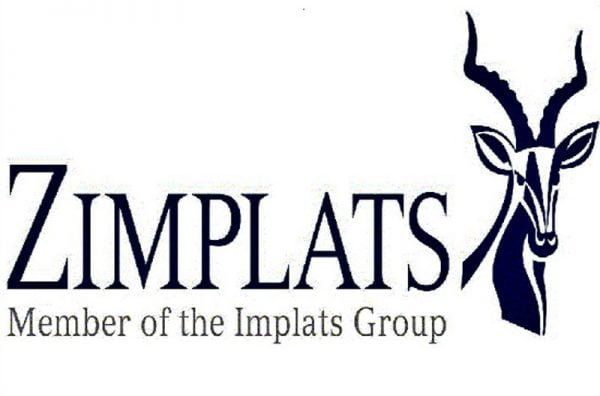Zimplats’ Appeal Against ZIMRA’s 60/40 Apportionment Method Dismissed with Costs

The Supreme Court of Zimbabwe has dismissed an appeal by Zimbabwe Platinum Mines (Pvt) Ltd (Zimplats) against the Zimbabwe Revenue Authority (ZIMRA), in which Zimplats sought a declaratory order to validate its method of calculating income tax liabilities. Zimplats contended that its interpretation of Public Notices 36 and 57 of 2021, alongside the Finance and Income Tax Acts, was correct.
By Rudairo Mapuranga
The mining giant aimed to determine its tax liabilities by deducting expenses in the currency they were incurred—USD expenses from USD income, and ZWL expenses from ZWL income.
However, ZIMRA’s interpretation, which was upheld by the High Court and later affirmed by the Supreme Court, required a 60:40 apportionment ratio for splitting foreign and local currency expenses, reflecting the mixed nature of Zimplats’ revenue streams.
Zimplats operates under a General Mining Lease and conducts its business in both USD and ZWL, generating income from exports and local sales. The mining company initially functioned under a Special Mining Lease (SML), which mandated tax payments in USD. The shift to a General Mining Lease subjected Zimplats to the general tax provisions of the Income Tax Act.
Zimplats challenged ZIMRA’s requirement that expenses be apportioned between USD and ZWL in a 60:40 ratio. The company argued that this method was incorrect and that its proposed calculation, which directly matched expenses and income in their respective currencies, should be accepted. ZIMRA, however, maintained that the apportionment was fair and legally sound, as dictated by section 4A (10) of the Finance Act.
The High Court initially dismissed Zimplats’ application, prompting the appeal to the Supreme Court. The appellate court upheld the lower court’s decision, affirming that ZIMRA’s apportionment method complied with the legal requirements. The Supreme Court emphasized the need to match income and expenses in their respective currencies before making deductions, reinforcing the principle established in previous rulings such as Delta Beverages (Pvt) Ltd vs ZIMRA.
The Supreme Court ruled that ZIMRA’s Public Notices have legal force and that the 60:40 ratio for splitting expenses accurately reflected the mixed-currency nature of Zimplats’ operations. The court found no fault in ZIMRA’s interpretation and application of the relevant tax laws, stating that the apportionment method was fair and consistent with the legislative intent.
This decision has significant implications for Zimbabwe’s mining sector, particularly for companies operating in a dual-currency environment. By affirming ZIMRA’s method of apportioning expenses and income, the ruling provides clarity on how taxable income should be computed, ensuring consistency across the industry.


